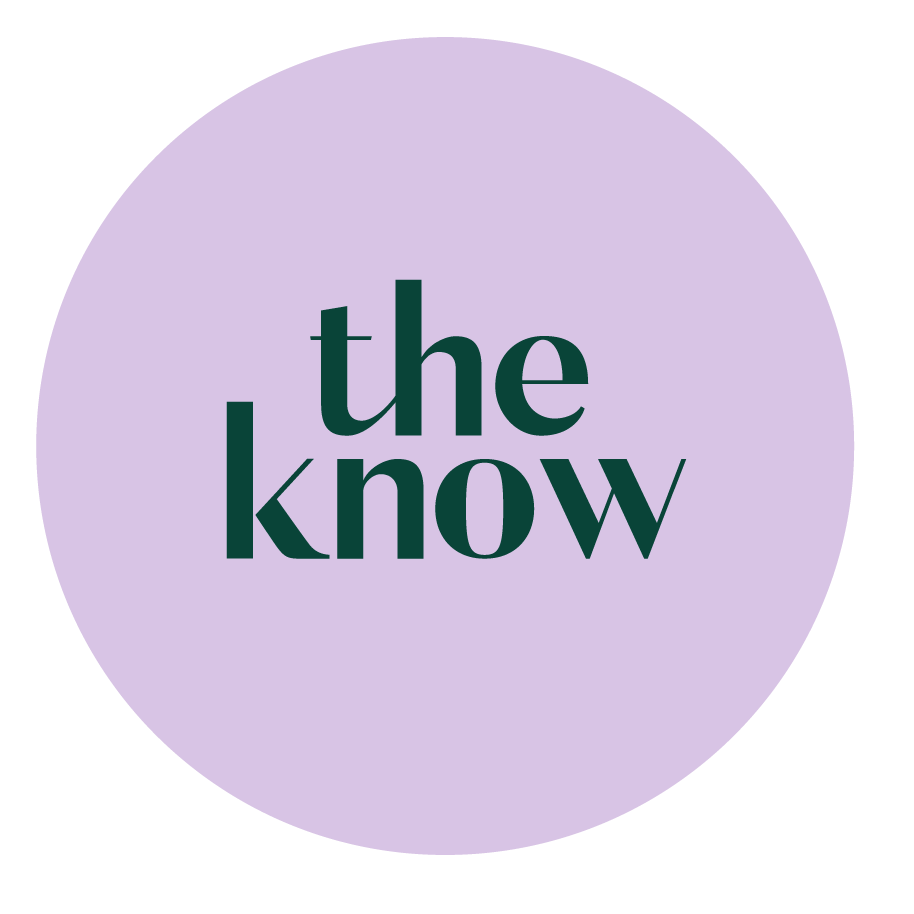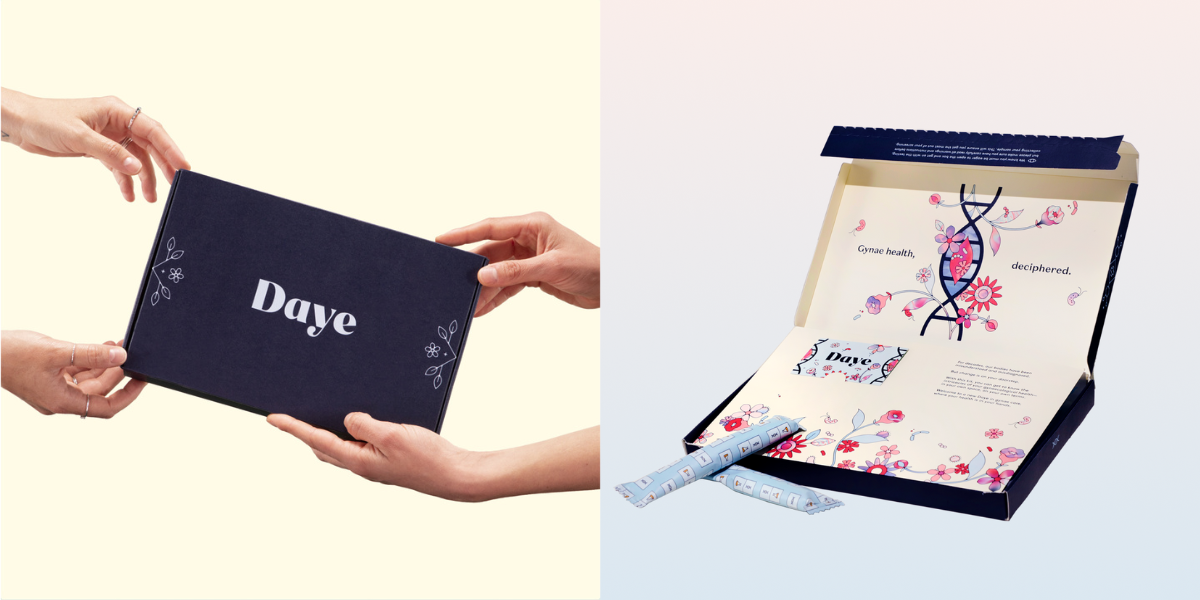A diagnostic tampon is revolutionising gynaecological healthcare
An at-home diagnostic tampon - created by the gynaecological health startup Daye - is helping to speed up the diagnosis and treatment of vaginal infections and STIs.
What can the tampon test for?
Launched in 2022, Daye’s original tampon-based test screens for disruptions to the vaginal microbiome - in other words, the “ecosystem of bacteria, yeasts and other microorganisms that live inside your vagina”. In even simpler terms, it tests for vaginal infections like thrush and BV, as well as fertility-blocking pathogens like ureaplasma and mycoplasma that can make it more difficult to conceive.
More recently, Daye expanded their offering to allow users to test for 5 common STIs - including chlamydia and gonorrhoea - at the same time, with plans to roll out HPV and herpes screening in the near future.
Why a tampon?
By removing the need for a “stirrups, speculum and swab” at a sexual health clinic, Daye’s tampon-based tests save “time, effort and cost”, explained Forbes. They also get around the anxiety and embarrassment that can prevent some women and AFAB folks from attending screenings, turning "what could be an intrusive test” into something its users “are likely to be intimately familiar with,” said TechCrunch.
Plus, as Daye’s founder Valentina Milanova told TechCrunch in 2022, there is also evidence to suggest that tampons can increase the accuracy of diagnostic tests due to their capacity to collect greater sample material compared to conventional methods, something which is particularly important in the context of at-home screening.
So how does the tech work, exactly?
UKAS-accredited labs screen the samples for pathogens using PCR testing technology, and users are then given the option to chat through their results with vetted health professionals (who are also experts in things like fertility, menopause and chronic pelvic pain).
Some medical experts have expressed caution that at-home tests could lead to overtreatment of some vaginal infections, noted The Guardian - but Milanova has stressed that Daye is “mindful” of these concerns and promotes education about restoring a healthy microbiome in the first instance. In addition, Daye only provides treatment based on the prescription of one of their pharmacists, and screens samples for antimicrobial resistance to ensure effective and personalised care.
What’s the bigger picture?
Milanova has said that Daye aims to “democratise” access to gynaecological health information - something which is urgently needed, given the latest stats on sexual health testing.
Government figures show a 23.8% increase in STI diagnosis in England in 2022 compared with the year before, while up to 70% of female STIs are asymptomatic, making proactive screening all the more important.
Michelle Tempest, a Cambridge University lecturer in medical law and ethics, told The Guardian that Daye was “redefining” STI testing by allowing women to take control of their sexual health “in the comfort of their own homes”.
Daye’s sponsorship of The Know is keeping news that’s conscious of your mental health free and available to all.


